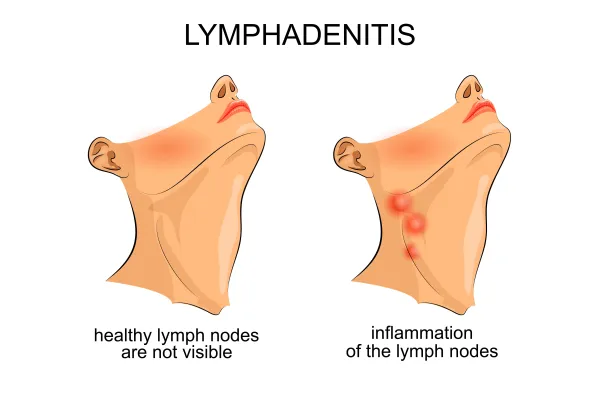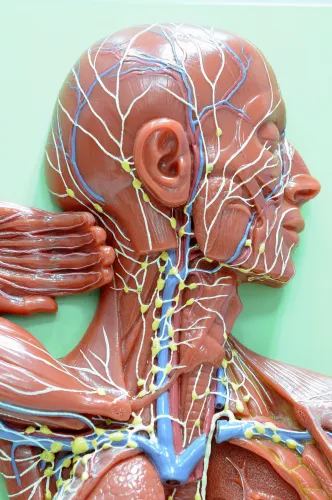ICD-10-CM Updates Will Not Impact PQRS Payment Adjustments
Published on Wed Mar 01, 2017
CMS published an “ICD-10-CM FAQ” that outlines the potential impact of the FY 2017 ICD-10-CM revisions on the quality measures within the PQRS program. This CMS guidance to the PQRS stakeholders is available at: https://www.cms.gov/Medicare/Quality-Initiatives-Patient-Assessment-Instruments/PQRS/Downloads/FAQs_ICD10CM_Final.pdf.
“This guidance is useful for coders,” says Kent J. Moore, senior strategist for physician payment at the American Academy of Family Physicians. “This update tells which measures and measure groups are most likely to be impacted.”
Here are key ICD-10-CM changes and the potential impact on PQRS payment adjustments:
- Diagnosis code changes that impact the PQRS measures include codes for diabetes, pregnancy, cardiovascular, oncology, mental health, and eye disease diagnoses.
- All Eligible Professionals (EPs) and group practices should continue to report the 2016 PQRS measures. Professionals and practices should do this even if not impacted by the ICD-10 updates. “Not all measures or EPs will be affected by the ICD-10-CM updates in question. Regardless of this update, all should report PQRS measures.” Moore says.
- The ICD-10-CM changes may not impact all your diagnosis claims. EPs with less than 20 patient sample due to ICD-10-CM measures update, should continue to submit the Measures Groups. CMS will confirm the less than 20 eligible instances. In this case, CMS will not apply the 2018 PQRS payments adjustments.
- In 2017, the electronic Clinical Quality Measures (eCQMs) are available through the National Library of Medicine’s Value Set Authority Center (https://vsac.nlm.nih.gov/). You can follow the eCQI Resource Center for eCQM value set addendum for 2017 at https://ecqi.healthit.gov/.
- If an EP or group practice fails to report for 2016 PQRS solely because of ICD-10-CM coding updates to the quality measures, they are not subject to the 2018 payment adjustment. “Coders are informed that they will not be penalized under PQRS solely because of the 2016 coding changes,” Moore says. “If for any reason, you received a negative payment adjustment as a result of the ICD-10 changes, you will be able to file an informal review.” If however other reasons apply for the flaw to report 2016 PQRS, the 2018 payment adjustments will apply. “Failure to report will likely result in the EP being subject to an automatic payment adjustment in 2018 under both PQRS and the value modifier,” Moore says.
CMS release: “CMS will not apply the 2017 or 2018 PQRS payment adjustments, as applicable, to any EP or group practice that fails to satisfactorily report for CY 2016 solely as a result of the impact of ICD-10 code updates on quality data reported for the 4th quarter of CY 2016,” CMS said in a Jan. 11, 2017 release. Read this CMS release here: https://www.cms.gov/Medicare/Quality-Initiatives-Patient-Assessment-Instruments/PQRS/ICD-10_Section.html.
“It is important to remain in compliance with ICD-10-CM coding and quality measures,” says Michele Midkiff, CPC-I, RCC, an interventional and neuro-interventional radiology coding consultant in Mountain View, CA.




